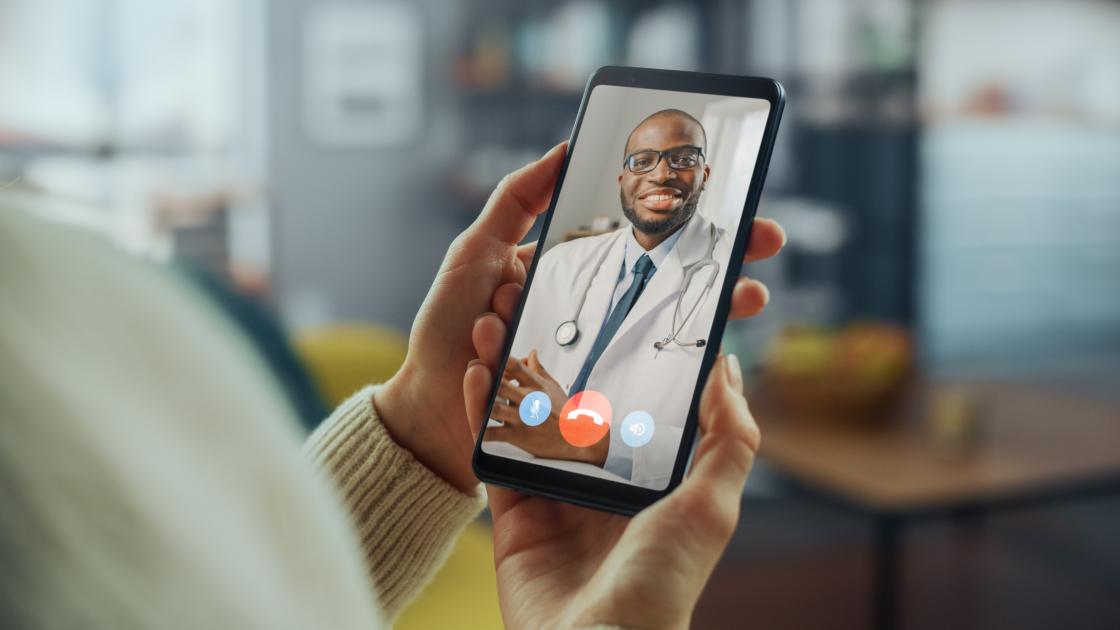
Know the signs of PTSD
Not everyone who experiences trauma will develop Post-Traumatic Stress Disorder (PTSD)—but everyone with PTSD has experienced some form of trauma.
PTSD is a mental illness that leads to disordered behaviors, thoughts and other signs and symptoms in the wake of a traumatic incident. "Trauma" can be any experience, acute or ongoing, that is scary, disturbing or intense, such as assault, war, abuse, natural disaster, admission to an intensive care unit, loss of a child during childbirth or a car accident.
Like other mental illnesses, PTSD can have a tremendous impact on the person who has it as well as his or her loved ones. The condition can affect their physical and mental health and relationships, career and other facets of life. Fortunately, with treatment it is possible to significantly or even completely alleviate symptoms.
At SIU Medicine, our providers and instructors are doing all within their power to end the stigma of mental illness and provide care for people and their loved ones affected by PTSD. Because an estimated 1 in 11 people will experience PTSD at some point in their lifetime, we feel strongly that the more everyone understands this mental health condition, the better we can help our neighbors in need.
7 signs someone is struggling with PTSD
Do you know someone with PTSD? Perhaps you’re not sure. Here are some common signs and symptoms.
- Recurring and unwanted memories, dreams or "flashbacks" about the distressing event
- Severe emotional reactivity to things or situations that are reminders of the traumatic event (e.g., a person may be "on edge" or easily startled and upset at the sound of a sudden loud noise)
- Avoiding places, people and activities that are reminders of the traumatic event; a person may start to lose interest in things they used to enjoy
- Acting in reckless ways, e.g., drinking alcohol excessively or speeding
- Challenging emotions ranging from angry outbursts to shame or guilt—or, alternatively, feeling emotionally numb
- Forgetfulness and poor concentration (often made worse by fragmented sleep)
- Difficulty maintaining close relationships
When it comes to diagnosis, physicians generally classify these symptoms into four main categories: re-experiencing, avoidance, arousal and reactivity, and cognition and mood.
PTSD can only be diagnosed by a medical professional. If you notice any of these symptoms in yourself or a loved one persisting one month or more after experiencing trauma, it's time to call and schedule an appointment with your doctor.
PTSD: current and future treatments
Treatment for PTSD is highly individual, but it often features a combination of medications and psychotherapies including Eye Movement Desensitization Therapy (EMDR) and Cognitive Behavioral Therapy (CBT). Many people with PTSD use additional techniques such as group therapy, acupuncture, meditation and yoga, which may help them to feel better. Also essential is ongoing individual and family support.
New PTSD treatments are also being explored. For example, researchers at Johns Hopkins are studying the effectiveness of psychedelic-assisted psychotherapy for individuals living with mental illness. Closer to home here at SIU Medicine, we recently launched a clinical trial to study the effectiveness of a new medication for PTSD.
Are you living with PTSD and looking for hope?
The medical and scientific communities are still learning much about PTSD and helping people find reliable solutions. We encourage you to call SIU Medicine at 217-545-8000 if you believe you or a loved one is experiencing PTSD and would like to meet with a member of our team.




